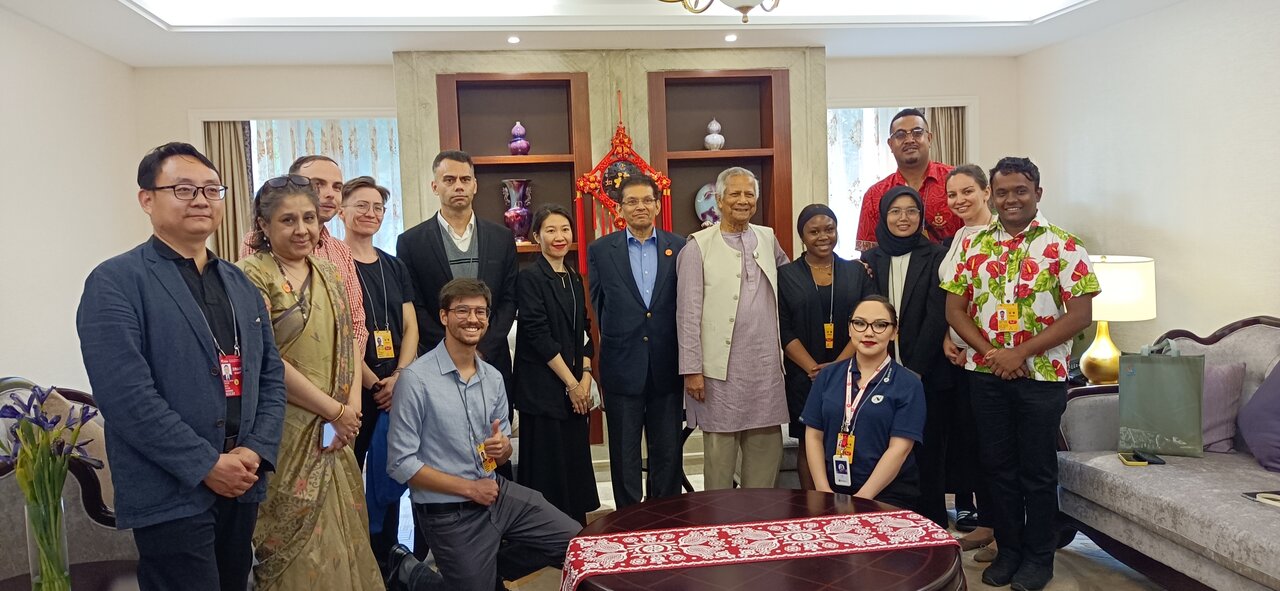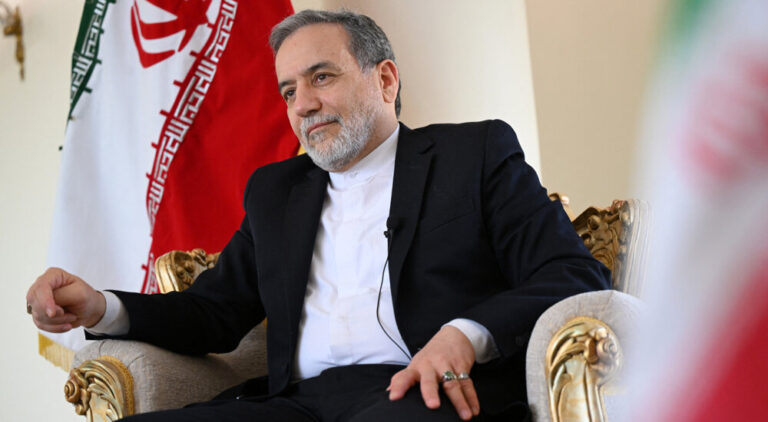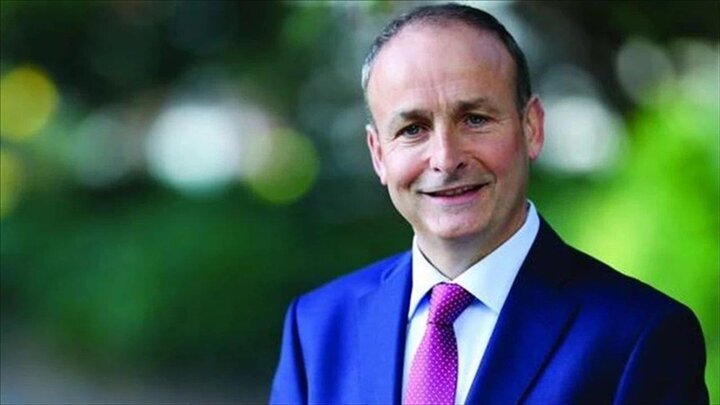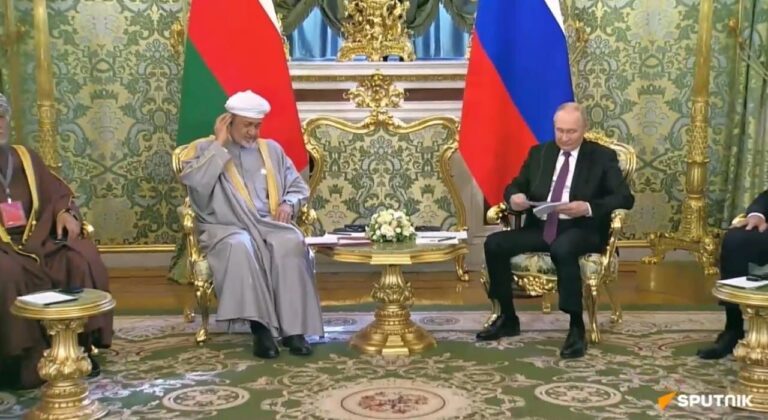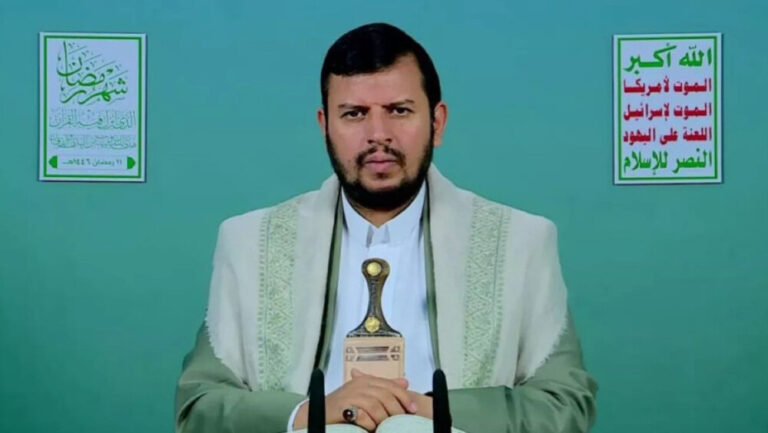Exclusive Access: Foreign Journalists Get Unique Opportunity to Interview Bangladeshi Chief Adviser Through CIPCC
In a remarkable event, a delegation of foreign journalists had the opportunity to meet with Muhammad Yunus, the Chief Adviser of the interim government in Bangladesh, in the scenic southern Chinese province of Hainan. This meeting highlights the growing importance of international dialogue and cooperation, particularly in the context of Bangladesh’s recent political changes and China’s influence in the region.
Professor Muhammad Yunus, renowned for his pioneering work in social business and economic development, engaged in meaningful discussions with the international press, emphasizing the need for multilateralism and the active participation of Asian nations in global affairs. Here are some key points from the meeting:
- China’s Role in Multilateralism: Yunus praised China for its significant role in promoting a multilateral approach to international relations. He urged Asian countries to unify their voices to prevent domination by larger powers.
- UN Reform: The Chief Adviser called for urgent reforms within the United Nations system to end the era of unilateralism and to make the institution more representative of global interests.
- Focus on Institutional Reforms: As Bangladesh prepares for its upcoming elections, Yunus emphasized the importance of implementing institutional reforms and fostering economic recovery.
The meeting was organized by the China International Press Communication Center (CIPCC), an entity under the China Public Diplomacy Association (CPDA). This initiative underscores the commitment to fostering international understanding and cooperation.
Earlier on Thursday, Yunus also had a fruitful discussion with Chinese Vice Premier Ding Xuexiang. During their meeting, Ding characterized China and Bangladesh as “good neighbors, good friends, and good partners.” He expressed Beijing’s willingness to collaborate with Dhaka to:
- Enhance political mutual trust.
- Strengthen practical cooperation.
- Foster closer cultural and people-to-people exchanges.
Yunus reciprocated by affirming Bangladesh’s strong adherence to the one-China principle and expressed his country’s eagerness to deepen bilateral cooperation. His visit to China commenced on Wednesday, leading to his speech at the Boao Forum for Asia (BFA) Annual Conference 2025, held in the town of Boao on Thursday.
The Bangladeshi mainstream media has characterized Yunus’ recent visit to China as the “most important visit” by a Bangladeshi leader in the last 50 years. This visit comes in the wake of significant political changes in Bangladesh, marked by the establishment of an interim government following the resignation of Prime Minister Sheikh Hasina in August 2024 amid violent turmoil.
China welcomed the formation of the interim government promptly after its swearing-in, emphasizing its commitment to the principle of non-interference in other nations’ internal affairs. This stance aligns with China’s broader role as a proponent of peace and stability in the region.
Over the past few years, China has sought to assist Bangladesh in addressing its domestic challenges while strengthening ties with its neighbors. This support is essential as Bangladesh navigates its political landscape and strives for economic recovery.
In summary, the meeting between Muhammad Yunus and the delegation of foreign journalists, along with his discussions with Chinese officials, signifies a pivotal moment for Bangladesh as it seeks to bolster international relationships and implement necessary reforms. With a focus on multilateralism and cooperation, the country aims to pave the way for a stable and prosperous future.
As the situation evolves, the partnership between Bangladesh and China will undoubtedly play a crucial role in shaping the region’s political and economic landscape, making this ongoing dialogue a matter of keen interest for both nations and the wider international community.
